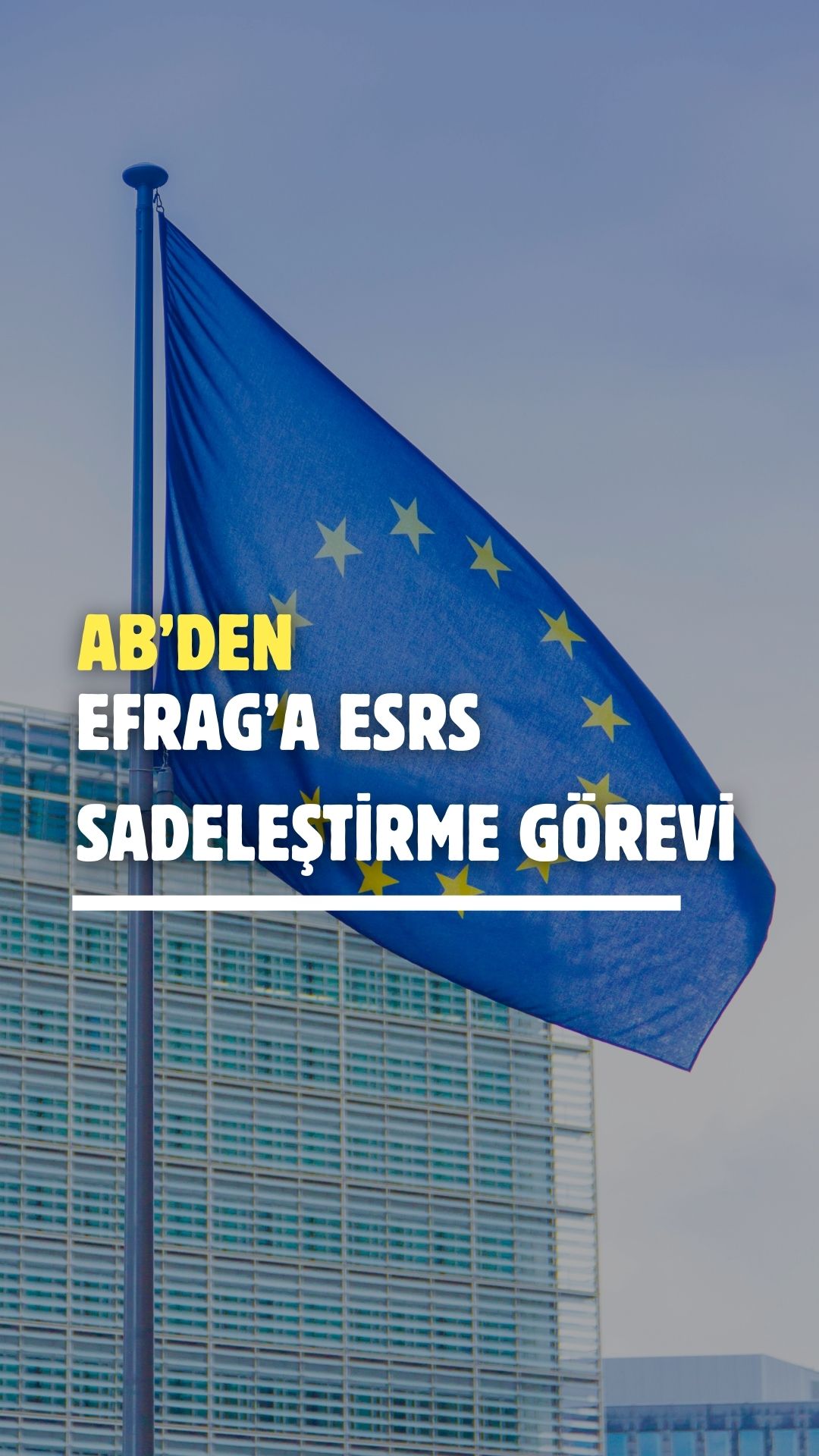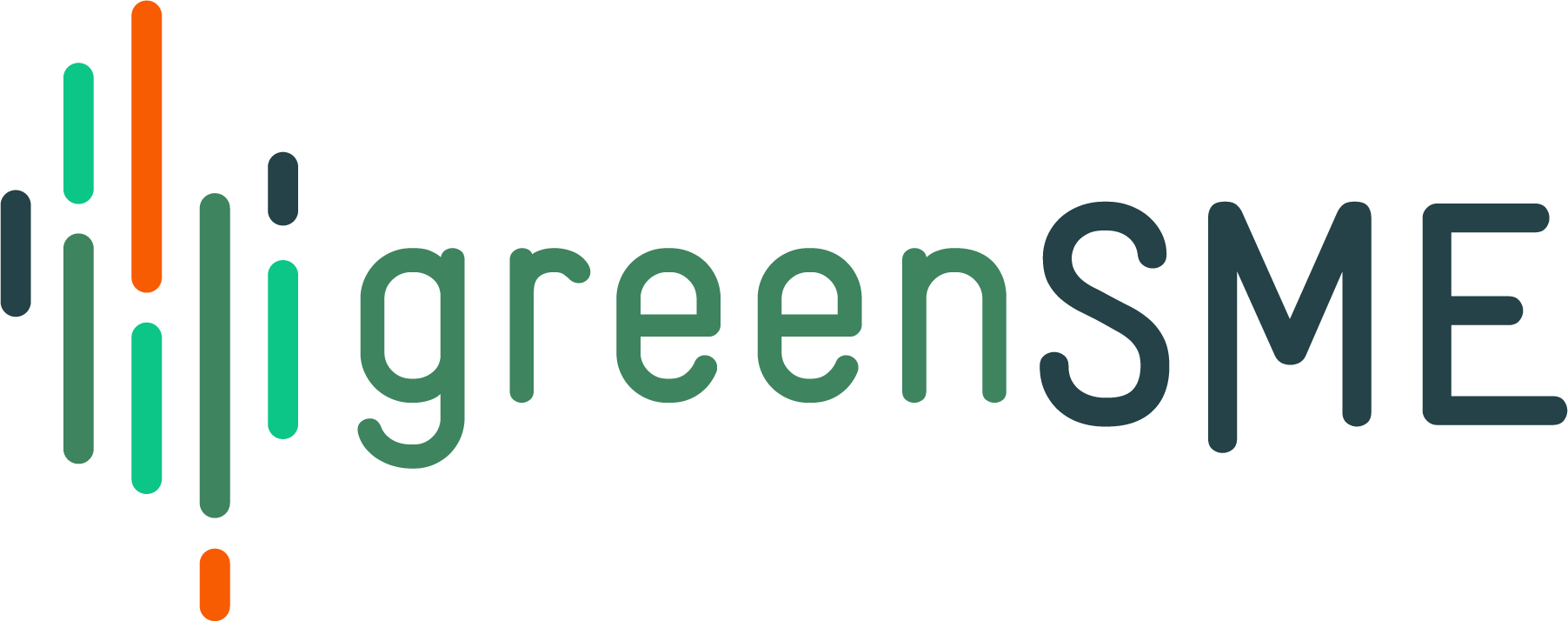
European Commission to EFRAG ESRS Simplification Task
The Omnibus Package announced by the European Commission in February aims to ease the reporting obligations imposed on companies, together with the CSRD, CSDDD and Taxonomy. In this context, while the law is completing its process with the European legislative institutions, the details regarding its implementation have also begun to emerge.
In this context, the European Commission has assigned a six-month technical advice task to EFRAG, the institution that prepares the standards, in order to make the ESRS (European Sustainability Reporting Standards) simpler and more applicable. According to the official assignment letter published by the European Commission last week, EFRAG must complete its technical advice task by October 31, 2025.
This development is especially important for the second and third wave implementers of the CSRD. The Commission's goal is to put this new and simplified version of the ESRS into effect by the 2027 reporting year. In fact, early implementation may be possible for companies that wish to do so in their 2026 reporting.
What's in Focus?
The simplification work is centred on reducing mandatory data points. The Commission is calling for the elimination of data requests deemed unnecessary or of low importance under the ESRS, prioritisation of quantitative data and reduction of unnecessary narrative burden. The aim is to create a more concise and decision-supporting reporting structure.
This revision process aims not only to introduce simplification-related changes, but also to provide clearer guidance on how to apply the double materiality principle. Feedback from the field has shown that there are significant differences in perception and practice between companies and auditors on this issue.
For example, large companies such as Maersk complain that while they focus on what they consider to be “material” under the ESRS, audit firms operate with rigid checklists, which leads to conflicts. The Commission aims to clarify the guidance to avoid such differences and ensure that companies only report truly “material” data.
EFRAG to Engage with the Field
The Commission is also calling on EFRAG to actively engage with companies and investors during this simplification process. A bilateral consultation process is expected to understand which data points are particularly critical.
At the same time, the new simplified ESRS needs to be consistent and integrated with other EU legislation (e.g. Taxonomy, CSDDD). It is also expected that it will increase its harmonization capacity with global reporting standards (GRI, ISSB, TCFD, etc.).
COMMENT: This simplification process shows that the implementation challenges faced by companies as they move into the second phase of the CSRD implementation are being taken seriously. The task before EFRAG now is to preserve the high-decision value parts of the standards and to eliminate unnecessary burdens.
EFRAG’s task is both an opportunity for sustainability teams and reporting experts and a process that should be monitored carefully. Which data points the new design will change and how it will affect audit processes will become clear in the coming months. However, what is already clear is that autumn 2025 could be a new page for the ESRS. We can also say now that; The simplified ESRS may ease the desk workload of sustainability professionals in Europe, but it will not eliminate the need for a strategic approach.
 English
English
 Türkçe
Türkçe
